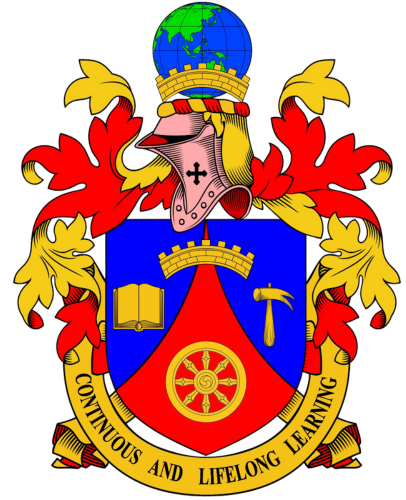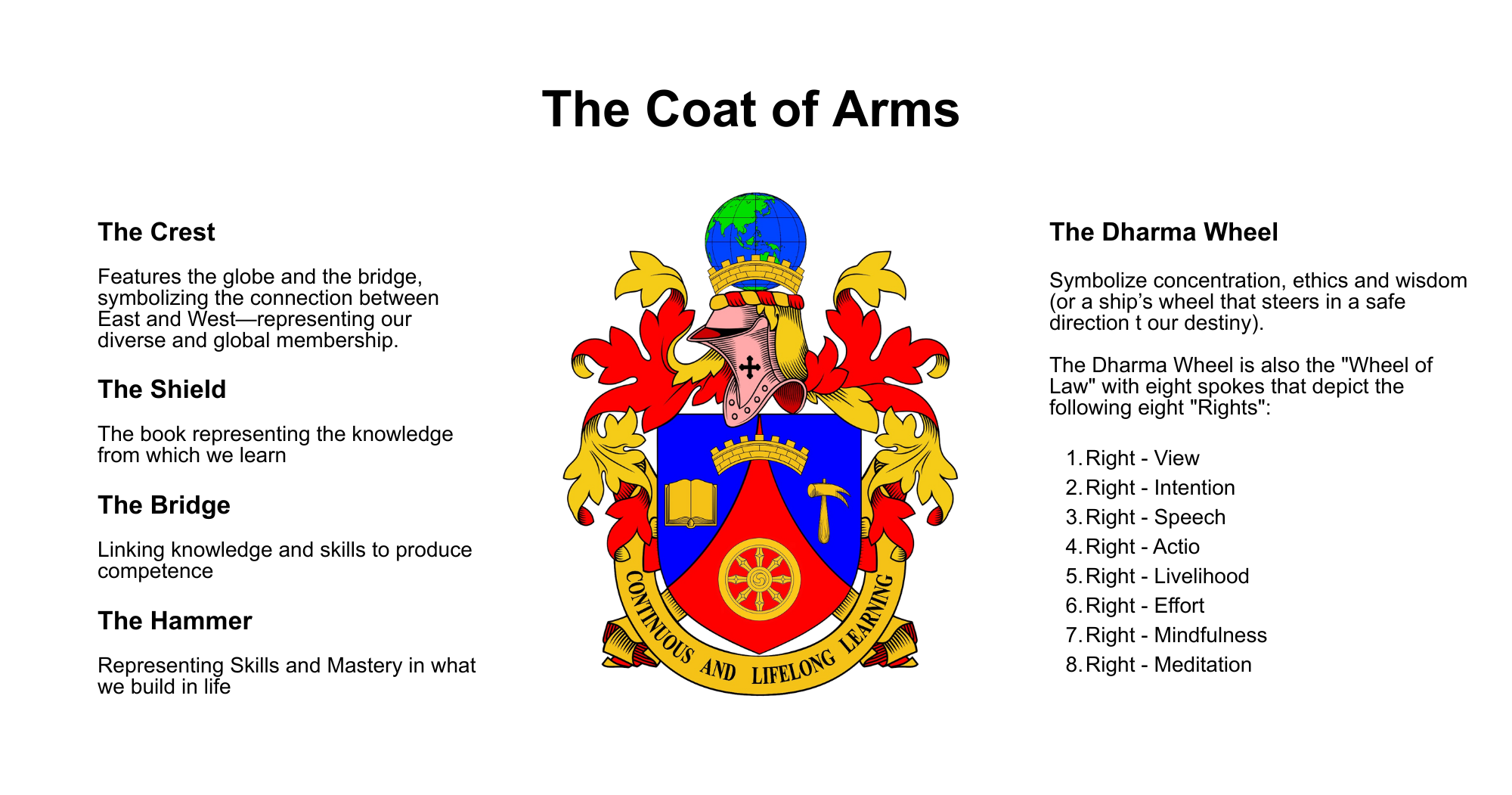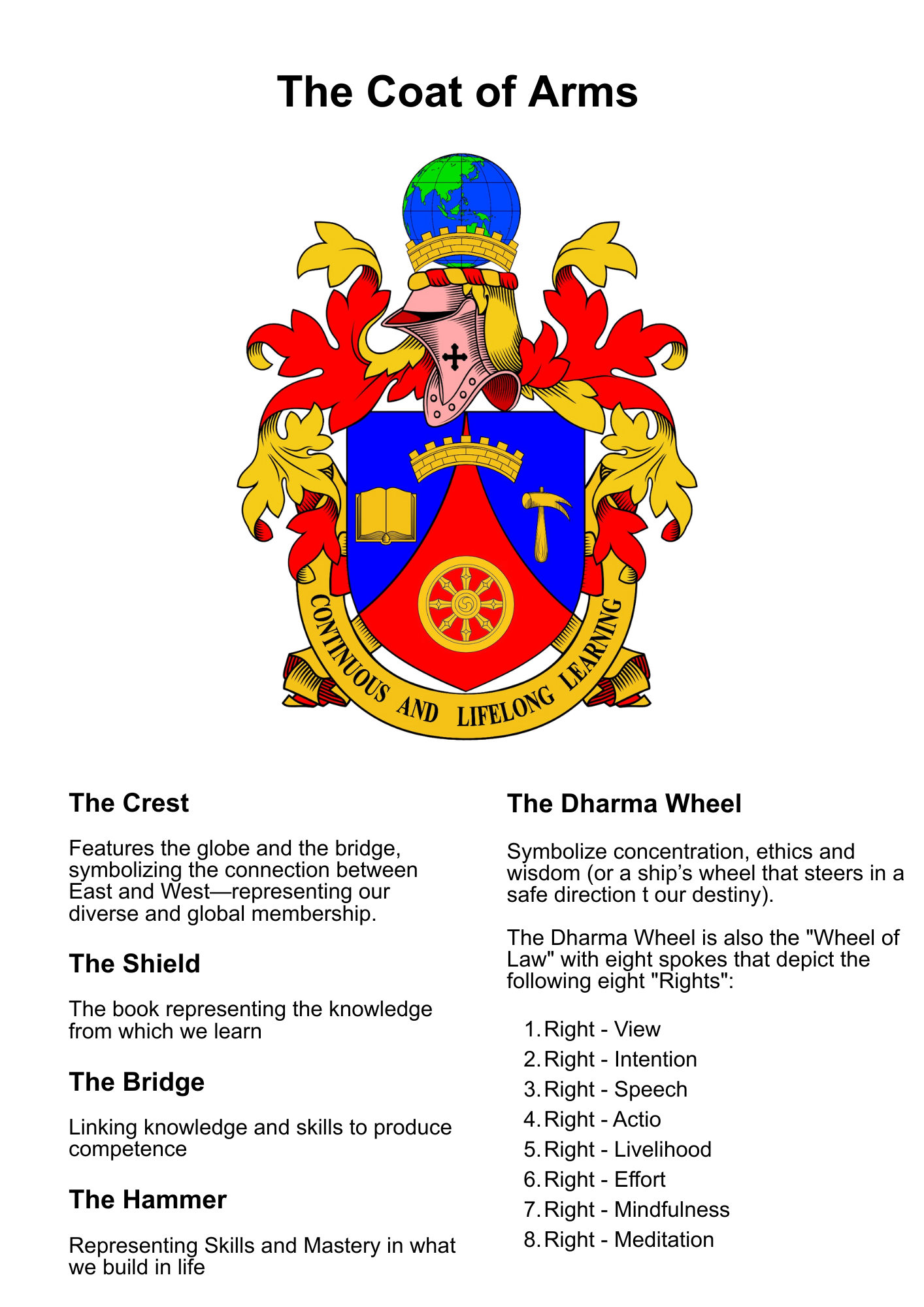Frequently Asked Questions
1What is the OIPD?
The Oxbridge Institute of Professional Development – UK (OIPD) is a not-for-profit, global, self-regulating professional membership body, registered in the UK and established by the Oxbridge Institute Trust (No. XCTRUST80159755), as per the Trustee Act 2000, UK. Its vision is to be a valued global body that enables its members to grow, progress and fulfil their informal educational, learning, and professional development aspirations at an affordable rate. OIPD offers membership awards ranging from TVET to Professional Doctorate Fellowship and Post-Doctoral Fellowship levels, aligned with the UK Regulated Qualifications Framework (RQF).
2Who is responsible for OIPD?
There is a Board of Trustees headed by the Principal Patron, Lord Kevin Couling, of Coulinge. The other trustees are Prof. Dr Peter Shephard, Chairman of OIPD, Dr Andal Krishnan, Head of Accreditation and Assessment, Dr Arthie Moore, and Dr Balaji. Lord Kevin Couling and Dr Peter Shepherd were the founders of the Cambridge Global Learning (CGL) Network in 2010, and they agreed that CGL would become part of OIPD when it was formed in 2020. CGL then had over 400 members from 30 countries.
3How did the OIPD evolve?
OIPD adheres to the UK Professional Development APEL & CPD guidelines and standards, which recognise professional work-based experience and competence.
4What does the OIPD do?
Its charter is to offer members development opportunities and to recognise and reward Professional Achievement. This includes a system of grades and awards from TVET, as well as Certificates, Professional Certifications, Diplomas, Master's and Doctoral Fellowships, including Postdoctoral Research Professorships. OIPD also publishes an International Journal (IJPD) & CGL’s Magazine. CGL is the ‘Education, Learning & Training’ arm. OIPD provides individual and institutional membership, as well as programme accreditation and assessment for the certification programmes
5How are the OIPD awards recognised?
OIPD adheres to the UK Professional Development APEL & CPD guidelines and standards, which recognise professional work-based experience and competence.
6Who gives OIPD the authority to award a Doctorate?
OIPD is the approved centre of the Oxbridge Institute Trust, which has its International Professional Qualifications listed in the British Qualifications Register, a recognised authority by the UK Government. This register is also published annually as a handbook. The professional doctorate qualification is endorsed by OIPD as the awarding Professional Body as stipulated in Clause 11 (objects) of the Oxbridge Trust Deed.
7What are the awards that OIPD can offer?
As OIPD is a ‘Self-regulated, private and independent awarding body’, it must adhere to its Statutes. These provide for the ‘Professional awards at TVET, Certificate, Diploma, Master's and Doctoral or Post-Doctoral levels, which are aligned to the UK - UK-Regulated Qualifications Framework (RQF) and only to members.
8How can OIPD offer accreditation of courses?
One Statute provides for OIPD to Accredit courses only offered by Institutional members. These include short skills training programs, such as those in TVET, or longer Professional Certification programs, like CGL’s Certified International Professional Trainer, Coach, Facilitator, Strategist, or Leader. We cannot accredit programs from Government Institutions of higher learning, as they fall under the Ministry of Education; however, we can accredit programs from private institutions, such as academies, colleges, and Learning Providers.
9As I already have a Doctorate, how do I qualify for a ‘Post-Doctoral’ Professorship?
In OIPD, it is earned by doing research and writing a ‘peer-reviewed’ 3000-to-4000-word research paper. You will then receive an award of 'Post-Doctoral Senior Research Fellow.
10Who typically might be attracted to become a Member of the OIPD?
Mature professionals, with many years of experience and high levels of competence, who believe they qualify for greater professional recognition in their field of specialisation. This may be in the form of a professional certificate, diploma, master’s degree, doctorate, or postdoctoral award.
11Is there an age limit to OIPD membership?
There is no upper limit. While there is a lower age limit of 16 (for Apprentices or TVET candidates), most Doctoral candidates would be between 40 and 60 years old, as they usually require 20 to 30 years of experience to qualify as a specialist and gain sufficient APEL and/or CPD credit points.
12What are the main benefits of joining the OIPD?
OIPD attracts many professionals who believe they deserve recognition for their expertise and skills. It also appeals to those who value an award from a ‘Prestigious British Institution’ and the ‘Brand Image’ of the ‘Oxbridge’ name. Many Professionals may have neglected their own professional status and would want to ‘turn all that experience’ into a Doctoral award. Our tagline is “Recognising and Rewarding Experience and Competence”
13Are there minimum educational qualifications required for the Professional Doctoral award?
Awards/Grades are based on ‘work-based Learning’ where APEL (Accredited Prior Experiential Learning) and CPD (Continuing Professional Development) credit points are accumulated over a lifetime of learning. However, the more qualifications one has, the more points one can amass
14How long does it take to get my Professional Doctorate?
A candidate must prepare a ‘Portfolio’ of their work-life experience and list the relevant competencies they have developed through this experience. In addition, a 5,000-word report on areas in which you have excelled is required. The portfolio and report are submitted to OIPD for review by a panel of 2-4 assessors. Finally, you will be required to attend a 60-minute ‘Viva’ to present your credentials.
15What qualifies the OIPD to accredit Professional Awards?
OIPD has an Assessment Board comprising over 20 eminent educationists and development professionals from 16 countries. All hold doctorates, but more importantly, each has decades of professional experience, and many have authored books or research papers in their respective spheres of influence. This Board is responsible for upholding standards to the level expected by employers, other similar professional bodies, or related authorities, for ensuring that the quality of the assessment criteria applied to awards complies with the standards of professional excellence and best practices globally.
16Does OIPD offer a Professional Master's?
OIPD can offer a professional ‘specialist’ Master's, such as an M.A. or M.Sc., in Entrepreneurship. In addition to preparing a portfolio, a report of 3,000 to 4,000 words is required, based on your experience and competence. There is also a Viva to attend. For an MBA, which is a ‘Generalist’ award, you will need to write an assignment on key concepts and principles in a particular area of interest, such as Manufacturing, Production, Operations, Accounting & Finance, HR, IT & Strategy.
17What is the difference between a Professional, Specialist Doctorate (Dr.S), and a DBA?
The Dr.S, as indicated, is a ‘Specialist’ award, based on a candidate's many years of experience in a specific field. In contrast, a Professional Doctor of Business Administration (DBA) is a ‘Generalist’ award. Typically, a candidate will have worked in General Management, with a wide range of experience in Finance, Marketing, Operations, project management, human resources management, and organisational development, among others.
18Is there a published list of members?
While the secretariat maintains a register, OIPD does not publish its contact details to respect members' rights to privacy. There is a well-known answer to a question posed to Sir Richard Branson. The question was, “What happens if we train our employees, and they leave”? His answer was, “What happens if we don’t train them, and they stay”?
19How do employers and/government recognise the OIPD awards?
OIPD’s tagline is “Recognising and Rewarding Experience and Competence”. OIPD is recognising the employee for their Professionalism, Learning and Competence developed from a lifetime of experience. Successful candidates receive their related membership grade and certification. Employers are welcome to be privy to this process if they wish.
20How can becoming a member help in my career development?
OIPD is a Professional Membership body, and all members receive a grade from Associate Member to various grades of Fellowship. To help members with their Personal and Professional Development, career guidance counselling is available. Additionally, being a member of a global body allows for increased exposure through networking with other members. There are regular webinars to connect members and learn from experts.. Members receive a digital magazine on Learning, entitled ‘REALIZE,’ and an International Journal of Professional Development (IJPD) every quarter.
21How do the OIPD’s Regional Centres operate ?




